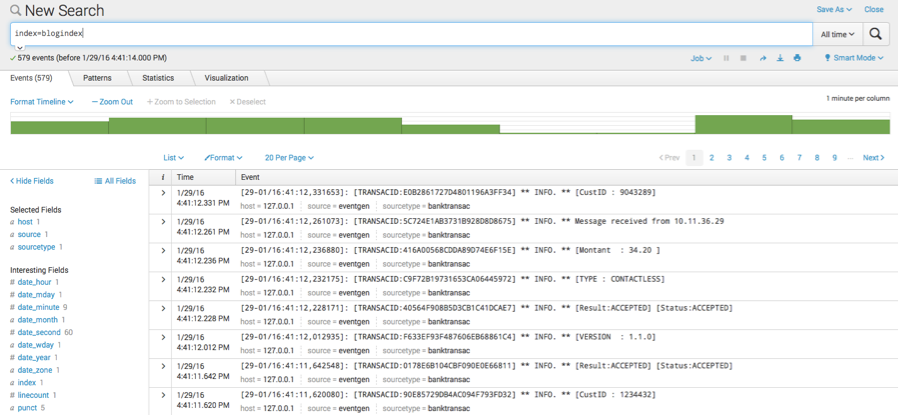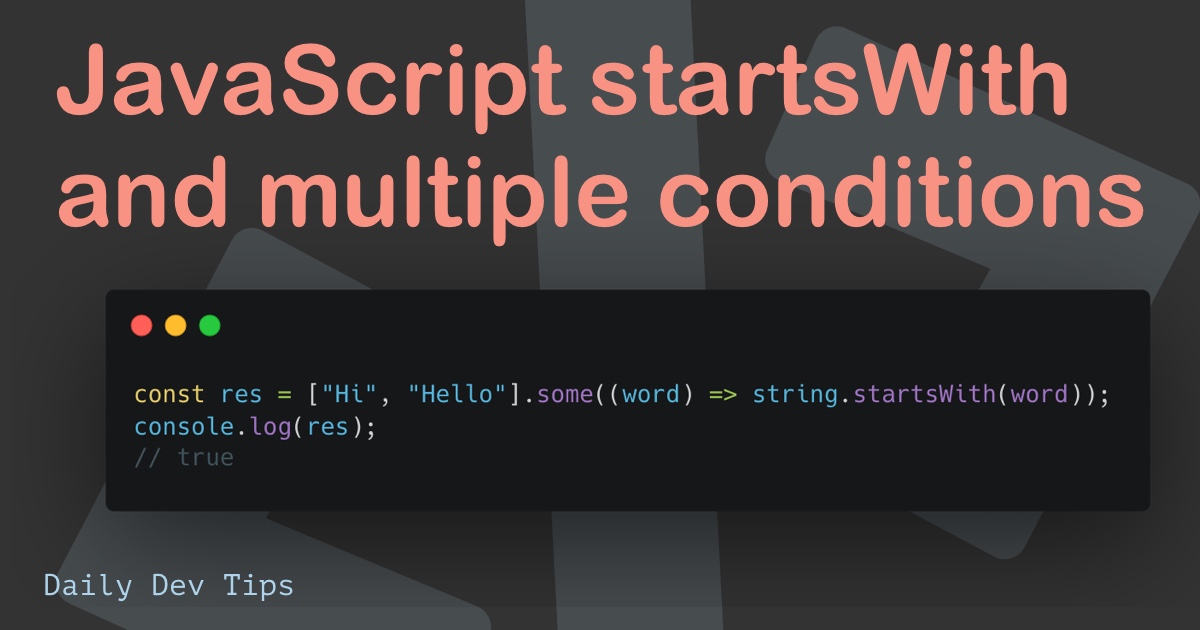

| transaction startswith=“Sending email.” endswith=“while sending mail to” Index=_internal host= sourcetype=splunk_python ERROR You can use the information in the results of The first search looks at email alerts and will tell you by subject which alert did not go through. Please note that the user running the searches need to have access to the “_internal” index in Splunk.

Alert actions can fail because of multiple reasons, and Splunk internal logs will be able to capture most of those reasons as long as proper logging is set in the alert action script. The following two searches can help users understand if any triggered alerts are not sending emails or the alert action is failing. This can be inconvenient for users and if the alerts are used to monitor critical services, this can have a financial impact as well and can prove to be costly if alerts are not received on time.

There are times that they may fail due to different reasons and a user may not get the intended alert they set up. Users can also create their own custom alert actions which can help them respond to alerts or integrate with external alerting or MoM tools. Other Splunk TAs also help users integrate external alerting tools like PagerDuty, creating JIRA tickets, and many other things using these tools. Some standard alert actions are to send an email, add to triggered alerts, etc. Triggered alerts call alert actions which can help owners respond to alerts. Alerts trigger when the search meets specific conditions specified by the alert owner. Scheduled alerts are more commonplace and are frequently used. Splunk Alerts use a saved search to look for events, this can be in real-time (if enabled) or on a schedule. I have observed almost every Splunker monitor Splunk Alerts for errors. In the past few years, Splunk has become a very powerful tool to help teams in organizations proactively analyze their log data for reactive and proactive actions in a plethora of use cases. I'd need some help in finding out the rationale behind this behaviour.Zubair Rauf | Senior Splunk Consultant – Team Lead | transam tnsid altid startswith="init" endswith="term" -> will still return incorrect results. Here's its output: 08:00:01 - init - tnsid=AAA | transam tnsid altid startswith="init" -> will break everything | transam tnsid altid endswith="term" -> will provide correct results, keepevicted will correctly control the output of T4, but will leave closed_txn=0 for all of the results
#SPLUNK TRANSACTION STARTSWITH MULTIPLE CONDITIONS CODE#
If I wish to code some logic into the command: The latest is an "open" transaction which should or should not be returned depending on the keepevicted setting, but having Splunk no knowledge about what's an evicted transaction the parameter has no effect. I can achieve the expected result through the simplest transam command: | file /tmp/tnsexp.log | extract | sort - _time | transam tnsid altid Those events are "chained" by an event having both fields in it. Transactions are made by two types of events, those with tnsid "open" the transaction and those with altid "terminate" it. Here's my case: it's a sample file, manually put together to explore the topic. In the following case using endswith alone does a good job, but using startswith or both of them will provide incorrect results.

Is there any known issue on the startswith clause, when using multiple fields to identify complex transactions?


 0 kommentar(er)
0 kommentar(er)
